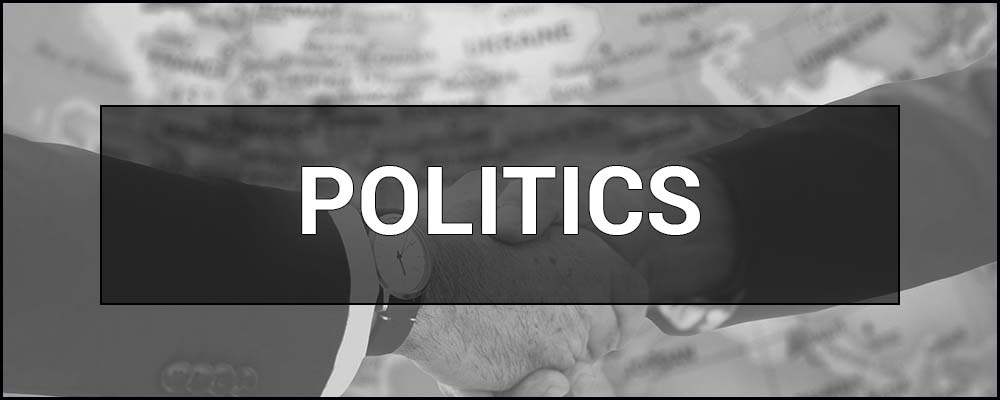Politics is a set of processes, principles, and relations related to governance and decision-making in a society, state or international structures.
What is POLITICS – concept and definition in simple words.
In simple terms, Politics is the way people decide how to govern a country, city or any other group of people.
Imagine that you have a large family, and you need to decide how to distribute responsibilities and resources among family members. You will discuss these issues, listen to different opinions, and make decisions together. And so politics is the way we deal with common issues in society. It includes various processes such as creating laws, making important decisions, and resolving conflicts between different groups of people. Politics also refers to the people who represent us in government, such as the president, members of parliament, or the mayor of a city. They help us determine the future of our society and country as a whole. So:
Politics is the process of dealing with the issues of society and governing a country in order to improve the lives of everyone.
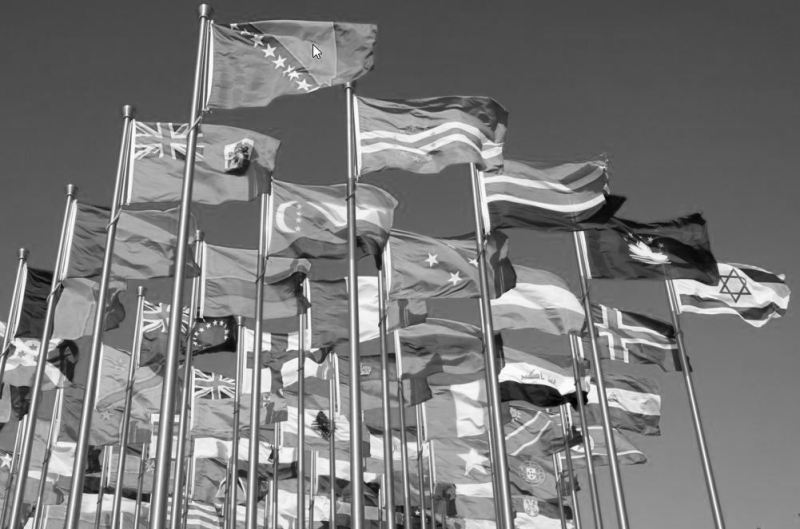
Who is a POLITICIAN – concept and definition in simple words.
A politician is a person who actively participates in political life, formulates and implements political strategies, ideas, and policies.
Politicians can hold elected or appointed positions at various levels of government, represent political parties or groups, and act as opinion leaders. Politicians play a key role in shaping the social, economic, and cultural aspects of society, as well as in resolving international issues. Important qualities of a politician are diplomacy, communication skills, leadership, and decision-making ability.
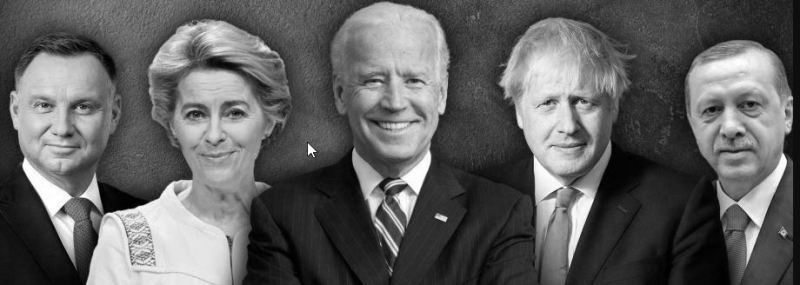
The historical roots of the concept of “politics”: the evolution of politics throughout history.
Politics has been an important component of human society since the first civilizations. Its development is closely linked to the growth and distribution of power, from primitive tribes to modern states. The first forms of political governance emerged in Mesopotamia, Egypt, and the Indus Valley, where the first state formations appeared.
The concept of politics has changed over time.
With the development of society, political concepts and structures have also evolved. In the ancient world, particularly in Greece and Rome, politics was associated with philosophy, ethics, and religion, as well as with the desire of citizens to participate in the governance of their state. Later, during the Middle Ages, politics was heavily dependent on the feudal system, and the role of the church in political life increased significantly.
In modern times, with the development of nation-states, science and industry, politics became more rational, and political concepts became the basis for the formation of modern political systems. The Industrial Revolution, the French Revolution, and the ideas of the Enlightenment contributed to the emergence of new political ideologies, such as liberalism, conservatism, and socialism.
Thus, the roots of the political concept go back to antiquity, but its content and forms have undergone significant changes throughout history, reflecting the peculiarities of each era and responding to the needs of society. In the twentieth century, with the development of democracy, globalization, and technological progress, politics became even more diverse, and new political concepts emerged, such as environmental movements and minority rights.
The current state of the political concept.
In the modern world, politics plays an important role in the life of every person, as it influences decisions made at different levels of government – from local to global. Today, politics includes various aspects such as public policy, international relations, political ideologies, and political culture.
The scientific study of politics, in particular political science, is also evolving, analyzing various aspects of political life and helping to formulate effective strategies for the management and development of society. Modern politics requires politicians to have a deep understanding of the historical context, the ability to adapt to changing circumstances, and to engage in an open dialogue with citizens and other countries.
The essence of politics: basic principles and underlying ideas.
Politics is one of the key aspects of social life that determines the organization, governance, and interaction of people, groups, and states. Politics is based on a set of principles and ideas related to power, democracy, law, freedom, justice, and social welfare. Understanding the nature of politics helps us to better appreciate its role and importance in our society and the world.
Purpose and goals of political systems.
Politics has a number of important functions aimed at achieving various goals in society. The most important goals of politics include:
- Establishment of state power. Politics ensures the creation and regulation of public authorities that govern the country at various levels.
- Ensuring stability. The policy helps to establish and maintain order, stability, and security in society.
- Protecting the interests and rights of citizens. Politics is responsible for the formation and implementation of laws that protect the rights and interests of people, as well as the development of democratic institutions.
- Social and welfare development. The policy is aimed at improving the material and social condition of society, reducing poverty and inequality, as well as developing education, healthcare, and infrastructure.
- International cooperation and relations. The policy helps to shape foreign policy and relations between states, promoting international cooperation, global development, and international conflict resolution.
- Ensuring environmental safety and sustainable development. The policy promotes environmental awareness, development of environmental protection measures and transition to sustainable development.
Each political system has its own peculiarities that reflect the cultural, historical and social differences of the country, but the goal of politics remains the same: to achieve the well-being, stability, and development of society.
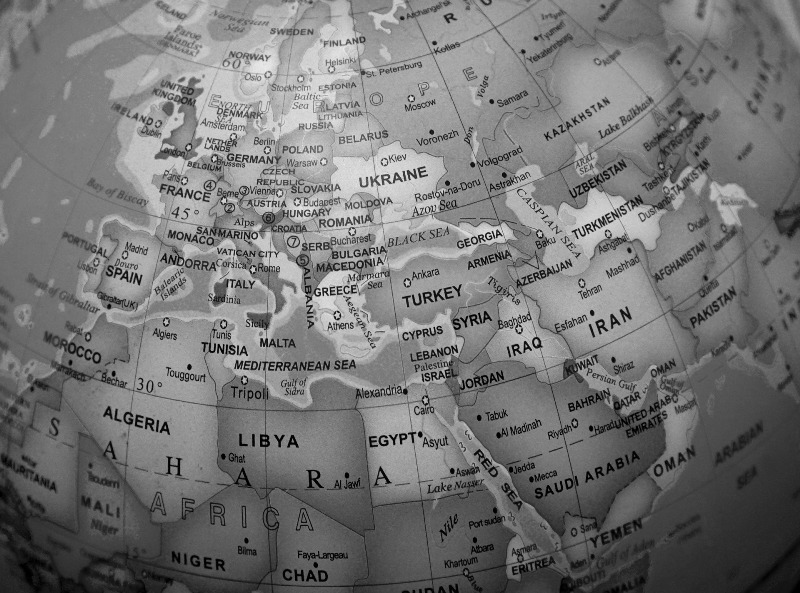
Political systems: types and forms.
Political systems can take many forms, depending on the distribution of power, governance structure, and ideological orientation. The main types of political systems include:
- Democracy is a political system in which power is vested in the people and where elections are held on a regular basis. It involves respect for the rights and freedoms of citizens, equality before the law, and the existence of civil society institutions. Democracy can be representative, where citizens elect their representatives, or direct, where citizens make decisions directly.
- Authoritarian regime. Authoritarian regimes are characterized by strong centralized power, restrictions on political freedoms, and a lack of democratic processes. Such regimes can be military dictatorships, one-party systems, or personal dictatorships.
- Totalitarian regime. Totalitarian regimes are characterized by complete state control over all spheres of public life, including the economy, culture, education, and personal life of citizens. They are usually based on one overarching ideology and use repression, censorship, and propaganda to maintain power. Examples of totalitarian regimes include Nazi Germany and Stalin’s communist USSR.
- A monarchy is a political system in which state power is vested in one person, the monarch, who inherits his or her title. Monarchies can be absolute, where the monarch has unlimited power, or constitutional, where the monarch’s power is limited by laws and the constitution. In a constitutional monarchy, the monarch usually performs symbolic or representative functions, while real power belongs to the government, which is formed on the basis of a parliamentary majority.
- Federalism is a system of government where power is distributed between a central government and regional governments (states, provinces, cantons, etc.). The federation ensures a balance between national interests and local self-government, and helps to preserve the diversity of regions.
- A confederation is an association of independent states that form joint bodies to coordinate foreign policy, defense and other common issues, but retain considerable autonomy in managing internal affairs. An example of a confederation is the Swiss Confederation before the adoption of its federal constitution in 1848.
- A theocracy is a political system in which power is based on religious principles and laws. In theocratic systems, state leaders may be religious figures, and religious laws and doctrines may form the basis of legislation. An example of a theocracy is Iran, where the country’s supreme leader is a well-known religious figure.
- An oligarchy is a political system in which power is concentrated in the hands of a small group of people who can control the country through their wealth, social status, or political influence. Such a system can lead to inequality, corruption, and lack of transparency in governance.
- Socialism is a political and economic system in which the state plays an important role in addressing key issues in society, such as the distribution of wealth, social justice, and the organization of productive forces. In socialist systems, the state can control key sectors of the economy, plan development, and provide social services.
- Anarchy is a political system in which there are no central authorities. It involves citizen self-government, equality, and the absence of formal hierarchy. Anarchy can be a theoretical ideal or the result of the collapse of the state in times of crisis and chaos.
- Syndicalism is a political system in which the main governing bodies are labor unions representing the interests of workers. It is aimed at ensuring social justice, improving working conditions and involving employees in the management of enterprises.
- Tribal democracy. Tribal democracy is a political system in which power is concentrated in the hands of tribal leaders and councils. Such a system is usually characteristic of traditional societies, where social structures and ties are important. Tribal democracies can be decentralized and involve active participation of citizens in decision-making at the local level.
- A meritocracy is a political system in which positions and opportunities are based on merit, education, and competence, rather than on connections or political influence. In a meritocracy, leadership positions are held by individuals who have proven their efficiency and professionalism in their field.
- Libertarianism is a political system that emphasizes minimizing government interference in the personal lives of citizens and the economy. It envisions a free market, protection of personal freedoms, and the absence of excessive regulation. The libertarian system seeks to create a society in which everyone can freely develop and implement their ideas.
- Radical democracy. Radical democracy is a political system that strives for equality and justice through radical changes in society. It upholds the principles of global solidarity, gender equality, international justice, and environmental protection. Radical democracy can include various approaches and ideas, such as grassroots activism, civil society, cooperative development, decentralization of power, and citizen participation in decision-making. Radical democracy often questions traditional hierarchies and power structures in an effort to create a more open and responsible society.
- Postcolonial democracy. Postcolonial democracy is a political system that emerges in countries that gained independence after the colonial period. Such systems may differ from traditional democracies in that they take into account the specific history, culture, and social structures of their countries. Post-colonial democracy may include aspects of tribal democracy, federalism, interethnic solidarity, and other forms of governance.
- Transitional democracy. Transitional democracy refers to political systems that are in the process of transitioning from authoritarian regimes to democracy. Such systems may be characterized by instability, lack of a clear ideology, and the continuous development of political institutions. Transitional democracy may include various combinations of democratic, authoritarian, and traditional governance practices.
- Ecodemocracy is a political system that takes into account environmental values and strives for sustainable development. It involves the active participation of citizens in decision-making related to the environment, the development of renewable energy sources and the balanced use of natural resources. Ecodemocracy may include approaches aimed at reducing dependence on synthetic fuels, supporting local food, and implementing green technologies.
- A technocracy is a political system in which society is governed by competent professionals who specialize in various fields of science, technology, and economics. Technocrats believe that decisions should be made on the basis of scientific data and expert opinion, not political disagreements or populist demands. Technocracy can promote efficiency, innovation, and sustainable development, but it can also raise questions about democratic control and citizen participation in decision-making.
- A panarchy is a theoretical political system that provides for the possibility for each citizen to choose their own forms of government and political systems according to their beliefs and interests. In a panarchist society, people can organize themselves into different communities that support different value systems and governance without having to move around in geographic space. Panarchy is a radical form of political theory that requires a profound revision of traditional notions of sovereignty, nation-state, and unanimity of political systems. It involves the free circulation of ideas and the provision of a wide range of opportunities for citizens to realize themselves and participate in governance. However, a panarchy is a complex and unrealized political system that can raise questions about stability, coordination between different communities, and the provision of basic rights and freedoms of citizens.
Each of these political systems has its own advantages and disadvantages, as well as the historical and cultural contexts in which they have been or can be implemented. It is important to recognize that political systems can evolve and adapt to changes in society, sometimes combining elements of different systems to achieve greater efficiency and responsiveness to the needs of citizens.
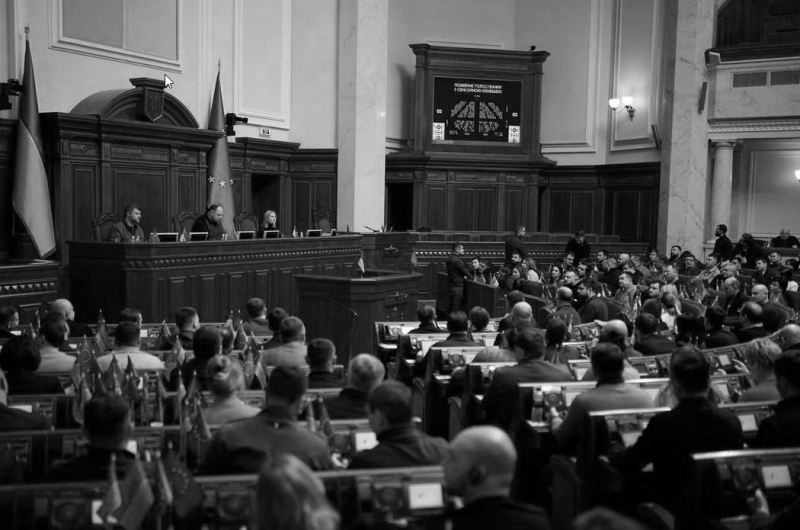
Anatomy of political structures.
We will examine the structure of politics and political organizations, as well as the role of political actors.
Central elements of political structures.
Political structures consist of a number of central elements, including institutions, processes, norms, values, and actors. Institutions, such as parliaments, governments, and courts, provide the framework for political activity, set the rules of the game, and are responsible for decision-making and implementation. Processes include elections, legislative activities, coalition building, and negotiations between different interest groups.
The role of political actors/politicians.
Political actors (politicians) play an important role in political structures because they represent the interests of citizens, form political parties and coalitions, initiate legislation, and provide oversight of the executive branch. Political actors can be elected representatives, such as presidents, prime ministers, ministers, and members of parliament, as well as informal leaders, such as civic activists, lobbyists, and experts.
Dynamics of political structures.
Political structures are constantly evolving and changing due to external and internal factors, such as the geopolitical situation, economic challenges, technological innovations, social movements, and cultural changes. These factors can influence the formation of new political structures, the strengthening or weakening of the role of individual politicians, and changes in the relationship between different political forces and groups.
Interaction between levels of government.
Modern political structures include different levels of government that can interact and compete with each other. This includes international organizations, national governments, regional administrations, and local governments. Each of these levels of government has its own competence, responsibilities, and control mechanisms.
Interdisciplinary approach to the study of political structures.
Political structures can be studied from different scientific perspectives, including political science, sociology, economics, law, history and cultural studies. An interdisciplinary approach allows for a deeper understanding of the essence of political structures, their dynamics, and interrelationships with other spheres of society.
Taking all these aspects into account, we can say that the anatomy of political structures is complex and multifaceted. It includes the study of the various elements that make up political systems, as well as an understanding of the role of political actors in decision-making and implementation. It is an important field of study that helps us understand how government works, how political decisions are made, and how they affect the lives of citizens.
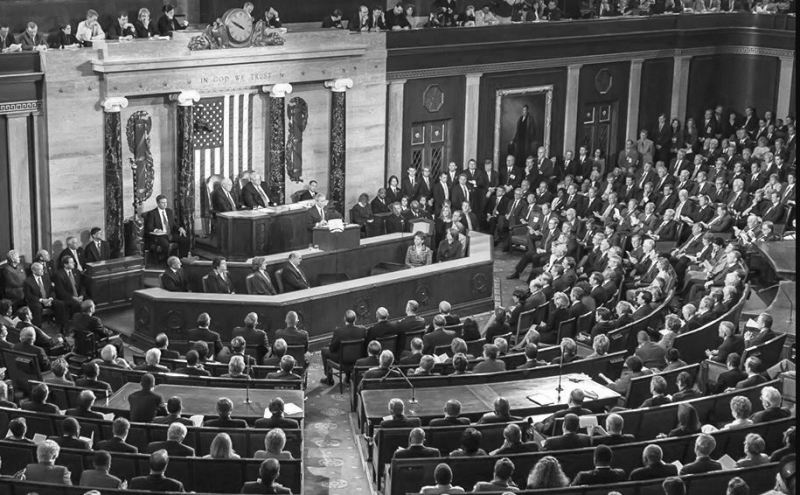
Functions and types of policy.
By distinguishing between public policy, domestic policy, and national policy, we can understand how they interact in the political space. Let’s look at these types of policy and their functions.
What is Public Policy?
Public policy is the activity of government agencies in various spheres of public life aimed at solving social problems and meeting the needs of citizens.
The functions of public policy are to set strategies, goals and priorities, adopt regulations, monitor their implementation and evaluate the results.
What is domestic policy?
Domestic policy refers to political decisions and actions that relate to the internal affairs of the state, such as the economy, social sphere, education, and security.
The functions of domestic policy include ensuring the stability, development, and prosperity of the country, as well as monitoring the implementation of laws and protecting the rights of citizens.
What is the National Policy?
National policy is a general strategy of the state that defines the main directions of activity and goals for achieving national interests.
The functions of national policy include shaping identity, promoting national unity, strengthening statehood, and providing protection from external threats.
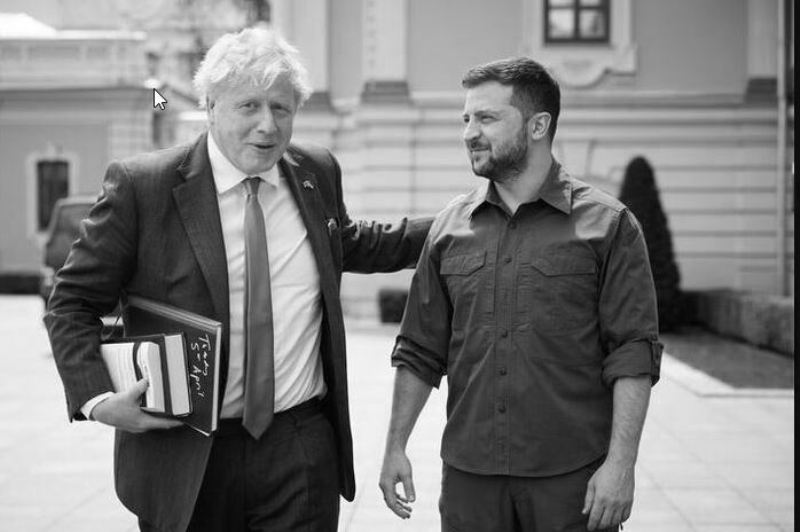
Means and methods of policy.
A policy uses various means and methods to achieve its objectives. Policy means include:
- legislation;
- diplomacy;
- propaganda;
- negotiations;
- use of power structures;
- economic levers.
The use of certain methods depends on the specific situation, goals, and capabilities of the state.
Implementers and subjects of foreign policy.
Foreign policy is implemented by state bodies, such as the president, government, ministries, and diplomatic missions. They develop strategies, establish diplomatic contacts and conclude international agreements to protect national interests and cooperate with other countries.
Actors in international relations are states, international organizations (e.g., UN, EU, NATO), non-profit organizations, transnational corporations, and other groups that have influence in the international arena. They cooperate, compete, and interact in various areas such as politics, economics, culture, and security.
Thus, politics is a complex and multifaceted field that includes different types, structures, and functions. The study of politics helps to understand how state systems and international relations work, and enables citizens to participate more actively and consciously in the political life of their country and the world at large.
Modern political science: a look into the modern world.
Modern political science focuses on the study of various aspects of political activity and interaction of political actors in the context of globalization, democratization, and information development. Specialists analyze the dynamics of political processes, mechanisms of power and influence on society in order to predict trends and develop recommendations for political actors.
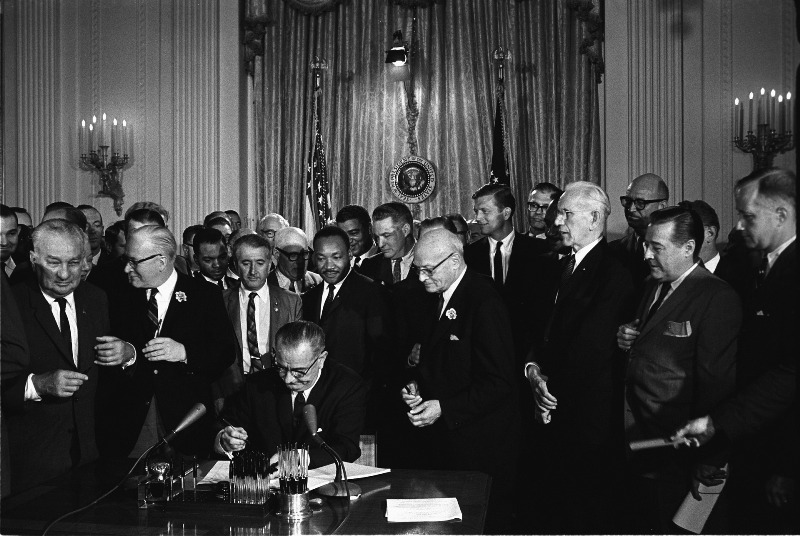
The importance of political culture and its components.
Political culture plays an important role in shaping the attitude of citizens to the government, political institutions and processes. It includes a system of values, norms, perceptions, and stereotypes that determine the behavior and actions of political actors, as well as shape social awareness and trust in the government.
The components of political culture include:
- Values and orientations – basic beliefs that determine attitudes towards power, freedom, equality, human rights and other aspects of political activity.
- Norms of behavior – rules that regulate the interaction between political actors and shape the relationship between the government and citizens.
- Symbols and rituals – images, signs, symbols, and traditions that reflect national identity and promote political integration of society.
The study of political culture allows us to understand the peculiarities of national political systems, identify the causes of stability or crises in different regions of the world, and predict the consequences of political reforms and innovations.
Global politics and international relations.
In the context of globalization, growing international interaction and integration, political science is increasingly focused on the study of global political processes and international relations. Modern politics requires taking into account the interests of different countries, coordinating actions and finding compromises at the international level.
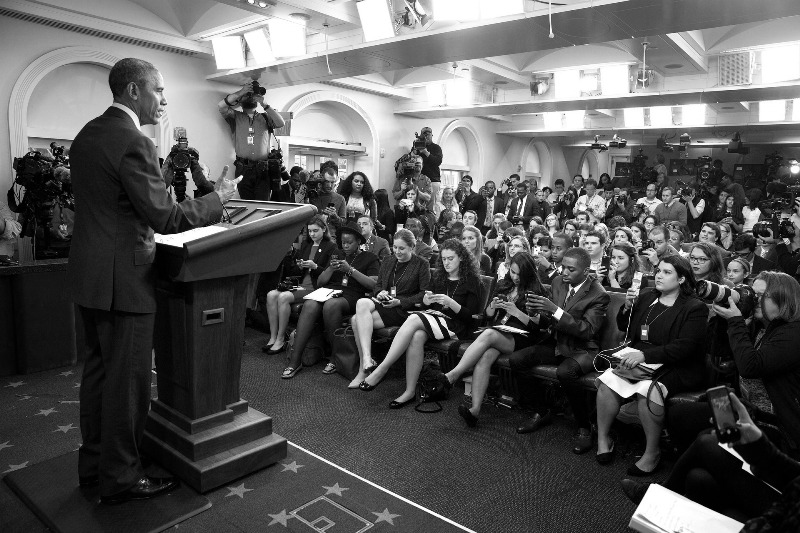
The role of politicians in the modern world.
Politicians play a key role in shaping and implementing a country’s political line. They represent the interests of their constituents, introduce bills, ensure control over the activities of the executive branch, and conclude international treaties and agreements. Politicians must meet high moral and professional standards, be ready to compromise and engage in dialogue with political opponents.
The issue of accountability and transparency in politics.
One of the most important aspects of modern politics is the issue of responsibility and transparency of political figures and government institutions. Citizens have the right to know how key issues of social development are being addressed, and politicians are obliged to ensure accountability and control over the use of public resources and powers. Transparency of the political process contributes to increasing public trust in the government and improving the quality of governance.
The role of the media in the political process.
The media play an important role in the modern political process, helping to shape public opinion, disseminate information and monitor the activities of political figures and government institutions. The independence and professionalism of the media is an important factor in democratic development and ensuring the rights and freedoms of citizens.
Political movements and civic organizations.
Political movements and civil society organizations play a significant role in the development of civil society, protection of rights and interests of different groups of the population, as well as in the formation of political agency. They help to activate citizens, ensure their participation in the political process and control over the actions of the authorities.
Technology and politics.
Technological advances have a significant impact on the political process, changing the way we communicate, interact and govern. The Internet, social networks, mobile applications and other information technologies provide opportunities for broader citizen participation in politics, as well as create new challenges and risks related to manipulation, disinformation, and interference in the electoral process.
Conclusion.
In general, modern political science provides an opportunity to study in depth various aspects of politics and political activity in accordance with the changes taking place in the modern world. It includes various areas such as comparative politics, international relations, political sociology, political psychology and other disciplines that help to understand and analyze complex political processes and phenomena.
The study of modern political science helps experts and researchers to develop a deep understanding of the peculiarities of political activity, predict the possible consequences of decisions and strategies, and develop recommendations for politicians and the public. In turn, this contributes to improving the quality of democratic governance, ensuring stability and progress of society.
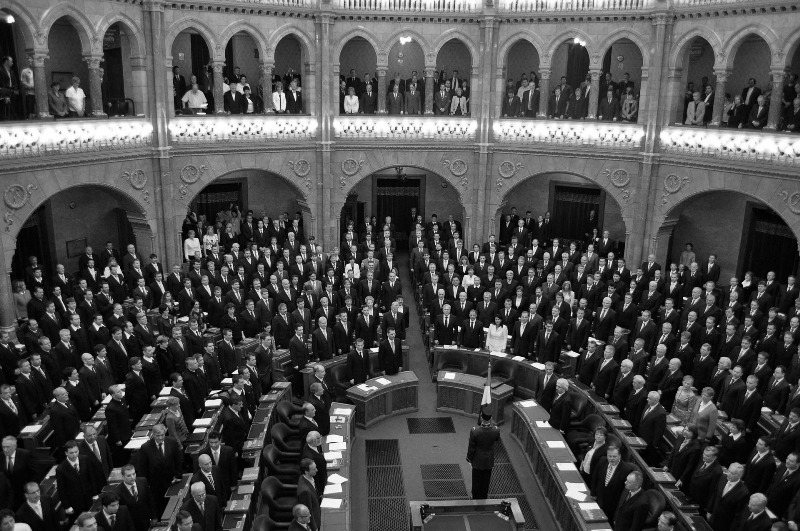
FAQ (Frequently Asked Questions):
Politics is the process of making and implementing decisions aimed at regulating social relations and achieving common goals.
A politician or politician is a person who actively participates in the political process, formulates and implements political decisions and programs. Politicians can represent government agencies, political parties or non-governmental organizations.
The structure of politics includes institutions (government agencies, political parties, public organizations), political actors, political processes (elections, policymaking, decision-making), and political ideas (ideologies, values, principles).
Modern political science studies political ideas, processes, institutions, and relations, as well as analyzes and predicts their dynamics and interrelationships at the national and international levels.
Politics regulates social relations, determines the direction of development of society and the state, forms common goals, ensures stability and order, and protects the interests of citizens.
World politics is a system of international relations in which states, international organizations and other actors interact, cooperate and compete on a global scale. It includes such aspects as diplomacy, economic cooperation, international security and human rights protection.
Public policy is a strategy or plan of action developed by public authorities to address social problems and achieve common goals.
Political culture includes the values, norms, beliefs, and ways of interaction that characterize the political behavior of citizens and institutions in a society.
The subjects of international relations are states, international organizations, non-governmental organizations, transnational corporations, and individuals.
Political life is a set of political processes that take place in a society, including the interaction of political actors, citizens’ participation in political decisions, elections, policy-making, and the struggle for power.
Domestic policy is a set of political decisions and actions that take place within the state and are aimed at internal development, stability, well-being of citizens and national security.
National policy is a policy that defines the strategy and priorities of the state at the national level, including economic development, social security, education, culture, environment and other areas of public life.
Political means are the tools, methods, and practices used by political actors to achieve their goals, such as negotiations, coalitions, legislation, referendums, propaganda, diplomacy, and the use of force. The means of politics can be either peaceful or military, depending on the situation and the goals of the political actor.

